Selling your house in Virginia can be a long, arduous process. There’s a lot to consider and a variety of decisions you must make. With that in mind, we’ve put together what we consider some of the most important things you’ll need to know as you set out to sell your house.
Real Estate Closing Laws
For ease of selling your house in Virginia, closings are typically overseen by closing agents, which alleviates your need to agonize over real estate closing laws.
The closing agent will issue a title search, ensuring you are entitled to sell your house in Virginia and, if requested, an ordnance survey.
The closing agent also undertakes the issuing of payment statements and real estate tax information and documentation.
Closing Documents
There are various legally binding documents you must sign in order to sell your house in Virginia. But the three most common are the closing documents.
Closing documents include:
- Closing Disclosure Form
- Deed of Trust
- Deed of Trust Note/Promissory Note
The closing documents are usually delivered the evening prior to a housing closure. And while you as the seller are required to sign the disclosure form, the Deed of Trust Note must be signed by the buyer.
The Deed of Trust Note confirms their ability to pay any loan they have taken out in making the purchase. It details the length of the loan, rate of interest, as well as payment due dates, and attendant grace periods.
The Cost of Closing a House Sale in Virginia
When you’re selling a house in Virginia, the seller is financially responsible for:
- Settlement fees
- Documentation preparation fees
- Release process and/or delivery fee
The buyer conversely must prove possession of, at a minimum, the amount of deposit agreed on in the deed of sale. The buyer also undertakes financial responsibility for:
- Any lending fees incurred
- Attorney fees
- Insurance fees
Insurance and attorney fees are as applicable, but both are advisable when navigating a house sale and purchase in Virginia.
Purchase Agreement
A purchase agreement is a legally binding document that commits both parties to the sale of a house. It details
- Agreed price of sale
- Conditions of the sale
The purchase agreement also features detailed information about the buyer and seller. It also outlines:
- Any deposits already paid
- Agreements already met between buyer and seller
- Date of final sale
- Any fixtures or appliances included with sale, i.e. lights, white goods, etc
What Do I Have to Disclose When Selling a House in Virginia?
What you have to disclose when selling a house varies from state to state. If you’re selling a house in Virginia, you’ll quickly realize that the signed disclosure vendors must issue to purchasers isn’t much of a disclosure.
Instead, it focuses on what you make no representation of in the process of selling your Virginia home.
On the list of things the Virginia vendor makes no representation of to the purchaser are:
- Warranties pertaining to the property or attachments
- Adjacent parcels of land
- The effect of historic district ordinances on the property
- Whether, if at all, the property is protected by the Chesapeake Bay Preservation Act
- Sexual offenders registered in the vicinity of the property
- Whether the property is in a dam break inundation zone
- What, if any, storm detention facilities exist on the property
- Presence of a wastewater system on the property
If you’re selling your house in Virginia, it is incumbent on you to convey any undisclosed or pending actions that relate to the Uniform Statewide Building Code or unresolved zoning violations.
Otherwise, it’s up to the purchaser to ensure they investigate the property.
However, there are certain instances when, if you’re selling your house in Virginia, you are legally required to make disclosures to the purchaser.
In these circumstances you are required to disclose:
- Validity of certain septic tank permits
- Property located in an area of Military Air Installation
- If the property was previously used for methamphetamine production
- Any outstanding or pending building and/or zoning violations
- Disclosure for various new buildings and compliance with building code
- Storm-water management facilities on the property that are privately owned
If you are selling your house in Virginia and find any of the above circumstances applicable, then you are required as the vendor to sign the relevant disclosure forms.
However, there are certain exceptions to the rule that exempts you from signing the disclosure. These include:
- Sales between co-owners
- Sales between relatives
- Sales between relatives
- Sales between divorcing spouses
There are also disclosure exemptions that apply in the event of:
- Bankruptcy
- Trust and foreclosure sales
- Tax-related sales
Federal Disclosures
While Virginia does not require much disclosure from the vendor, certain federal disclosures impact the selling of your Virginia house.
If you are selling a Virginia house built before 1978, you must advise the prospective buyer of the possibility of lead paint. You are further required to issue them with an EPA-approved pamphlet and any additional material you possess about the possibility of lead paint in your Virginia house.
You must also present the buyer with an option to conduct an assessment or inspection for lead-based paint. Finally, you must include a warning advising on the dangers of lead-based paint in the sales agreement.
The Importance of a Real Estate Agent
Last but not least, if you want to sell your house in Virginia with a minimum of stress and inconvenience, you’ll want to find a real estate agent.
While it’s possible to sell your house in Virginia privately, Bubba Hutchison, coastal Virginia realtor, is committed to easing you through the home-selling process.
We’ll help you navigate:
- Listing agreements
- Deciding when to sell
- How much to ask for
- Disclosure obligations
And various other real estate considerations that can overwhelm you if you are left to negotiate them on your own.
Conclusion
When you embark on selling your house in Virginia, give consideration to:
- Real estate closing laws
- Closing documents
- Disclosure forms
Don’t be afraid to ask for legal or insurance advice as the occasion arises. Selling your Virginia house is stressful enough without trying to do jobs professionals can help with.
With that in mind, don’t underestimate the value of a realtor. Get in touch if you need our help. We’ll talk you through everything from asking prices to purchase agreements and ensure that selling your house in Virginia is as uncomplicated as possible.




